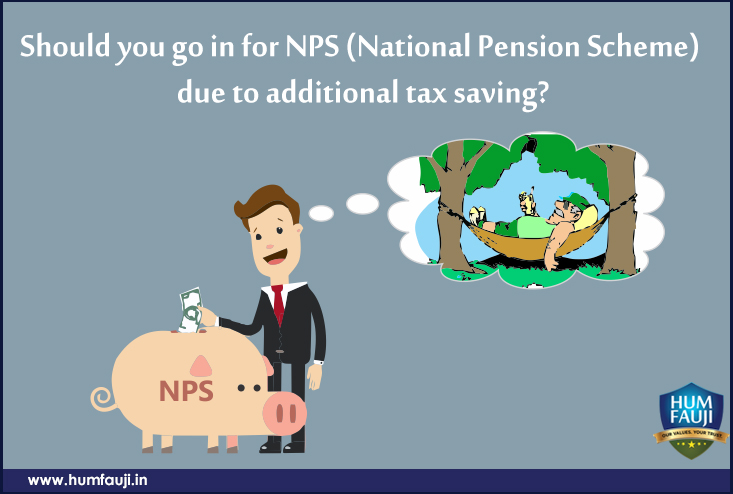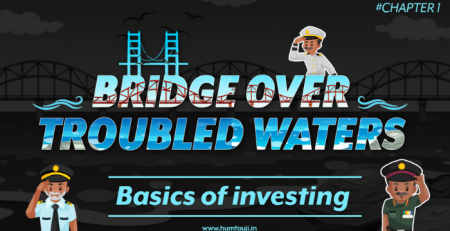This question being raised on nation’s 75th Independence Day, Azadi’s Amrit Mahotsav, is paradoxical. And this short sentence – Are you financially free – about your financial status may still qualify as one of the most misused ones in personal financial industry!
What exactly is financial freedom?
Is it having a lot of money so that you get counted as a wealthy person? If yes, what if it is locked in physical assets like real estate which will take months to be sold, if at all, long after you really needed the money? Or in stock markets in illiquid stocks or even liquid stocks which are way below your purchase price and you would not like to sell them?
Simply put, Financial Freedom is having the right amount of money available to you when you actually need it.
Investopedia defines it as ‘having enough savings, investments, and cash on hand to afford the lifestyle you want for yourself and your family.’
If wishes were horses: Like in all other spheres of life, we would have to be reasonable in our expectations to arrive at the financial destination that we want, and perhaps deserve. Please remember that the next 10 years will not suddenly spring surprises and bounties that have never happened in the past 10 years unless one undergoes a total life, career, and/or capability change.
So how do you know what is your financial freedom level?
Starting with reasonable expectations as per your current financial status, write down what kind of life do you want for yourself and your family in times to come? It would include short- and long-term financial achievements like your own and your family members’ education, buying a house, buying and changing vehicles over time, affording the goods and necessities of life, having great vacations, charity and such things which are dear to you for having a satisfying life. Geeks also call it a Financial Plan. If you can meet most of these requirements in the time frame that you visualise they will occur, you can say that you are on the way to be reasonably financially free.
What if the wants and desires are more?
That’s human behaviour and nothing wrong with it. But we should be able to prioritise them – not in chronological order but in the way their completion really matters to us. We should be able to achieve at least 75% of our list practically over our life-time.
So, what is the golden rule-set to be followed?
It is something we all know already but do not follow because urgent becomes important and important gets relegated out of our consciousness because it is not urgent!
Let’s have that simple 7-point set:-
- Prepare for life’s uncertainties before anything else: Life insurance, medical insurance and creating an adequate Emergency corpus are the most important things to do before you even think of anything else financially.
- Earning and Spending knowledge: Most people know what they earn, but don’t know what and how they spend. A simple 5-minute exercise on a chit of paper with a center-line drawn vertically, monthly earnings on left side and spending heads on right side, will tell you what should you cut down on and what you can save. Always live below your means. Everything else follows from this. You could call it a household budget too if you like complicated words.
- Your lifetime financial needs: As brought out earlier, make your list of what future requirements are important to you, what they cost today, what are they likely to cost when they come up, and how can you invest for each one of them starting from today with what you already have and what you can put in on a regular, generally monthly, basis. This is also called goal-based investing.
- The Key is to monitor it then: A list and a plan created is nothing if not monitored regularly and course corrections are done.
- Become Debt Free: The only loan you should ideally have is home loan when you need to go in for a house and do not have that kind of money. Any other loan, including a vehicle loan, are bad loan. Avoid and close them early if you have them.
- Choose your investment vehicles carefully: Never go outside your risk-tolerance limits but also control your behavior if you have riskier investments. Remember – markets are never wrong, our reaction to them is what creates all the problems.
- Start investing now: The best time to plant a tree was 20 years back; the next best is now!
And if you cannot do all the above yourself for whatever reasons, search for a good financial planner and make him/her your financial doctor and guru.













Leave a Reply